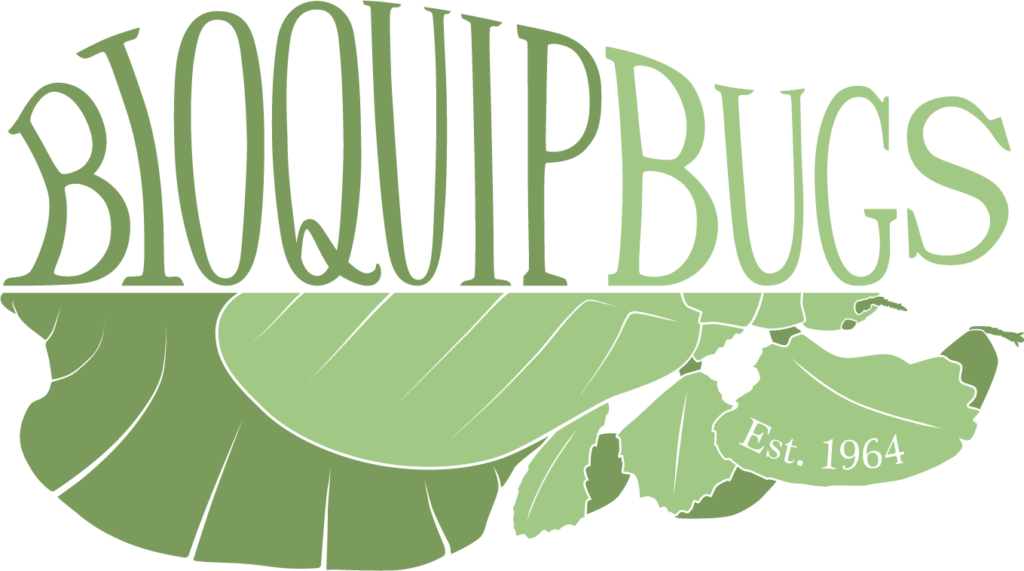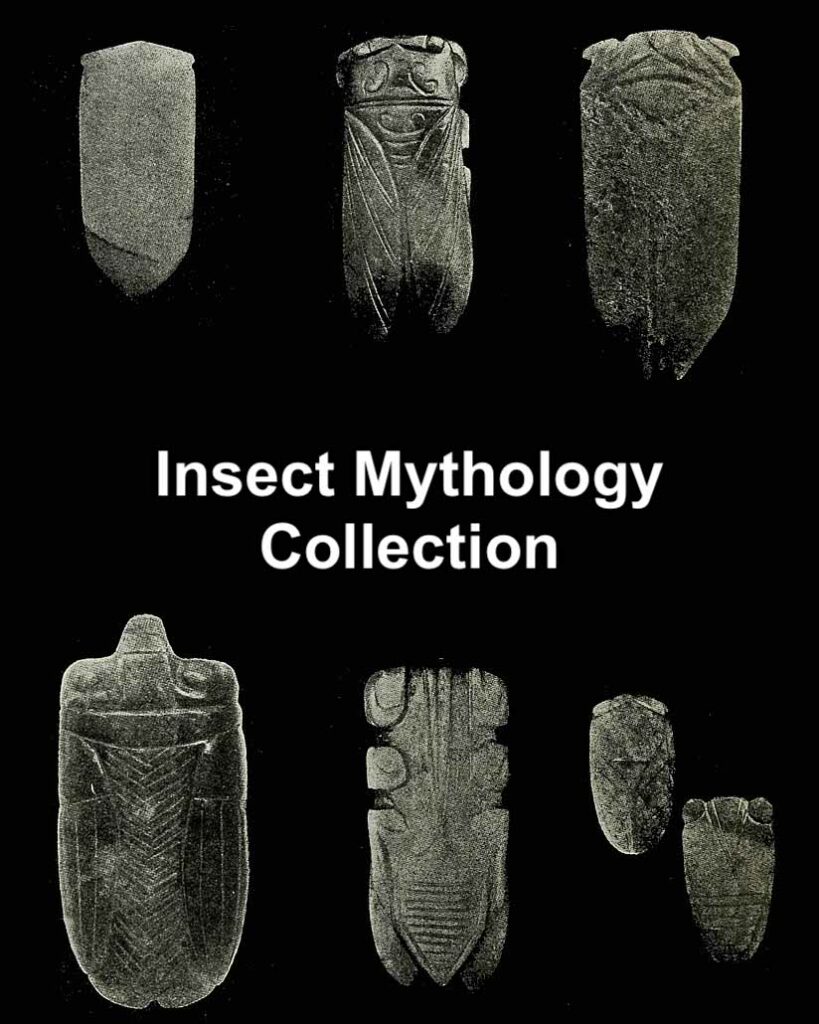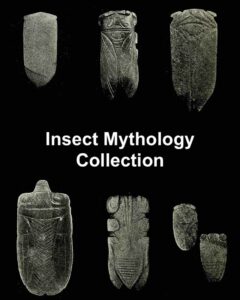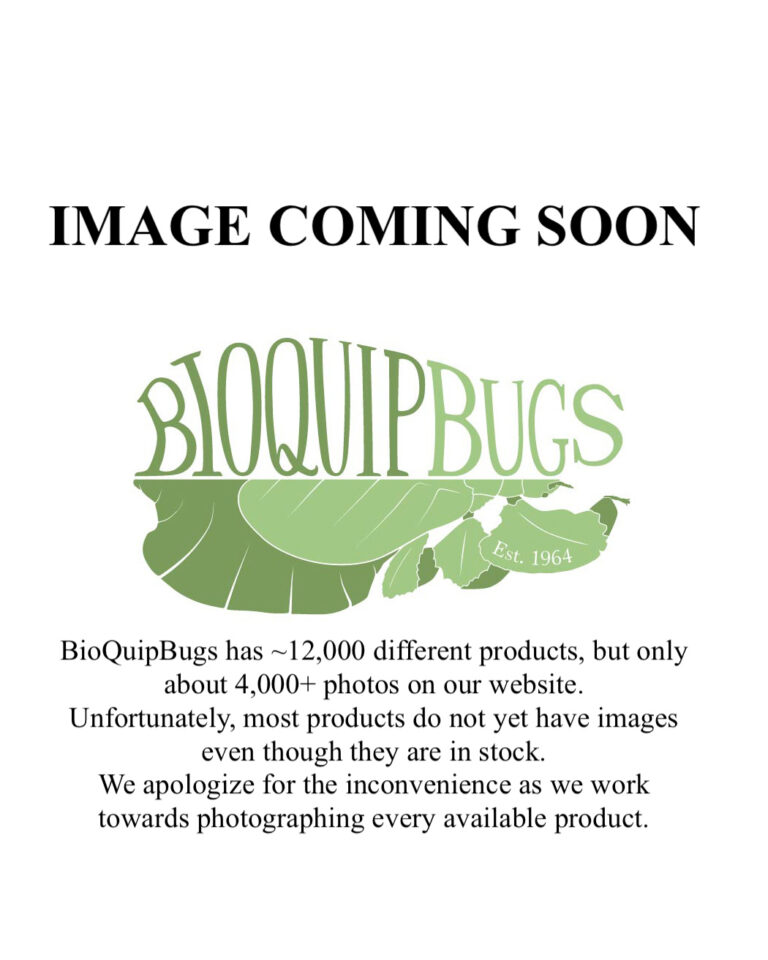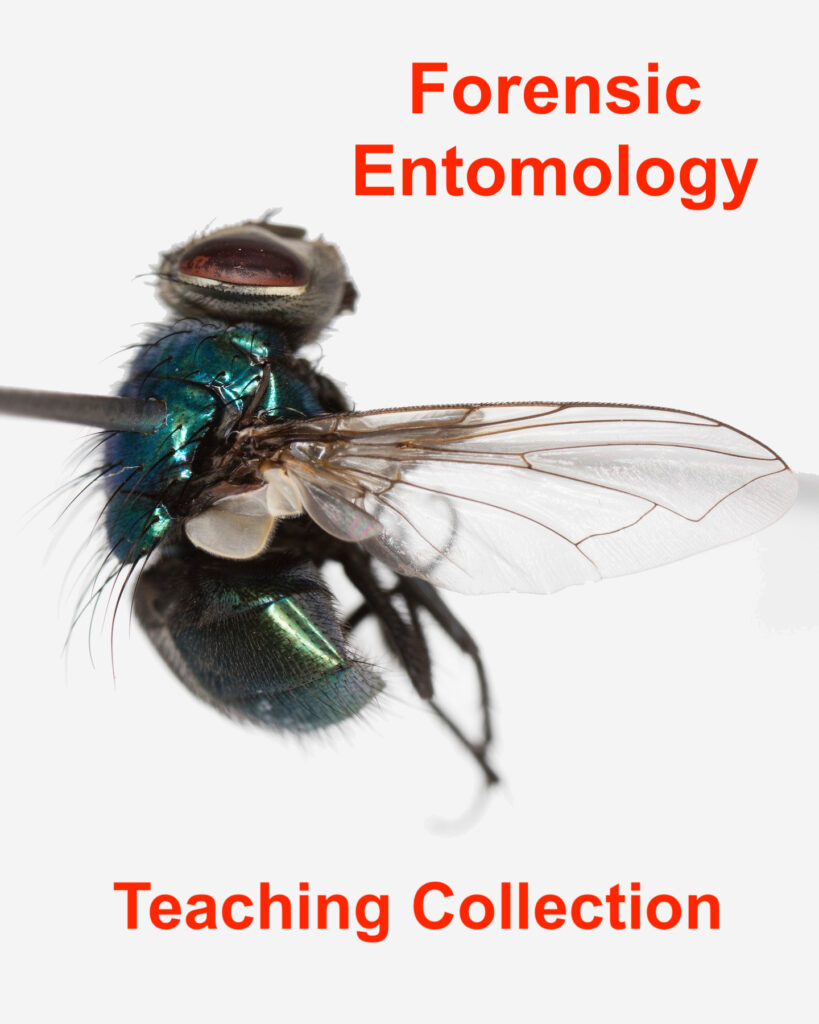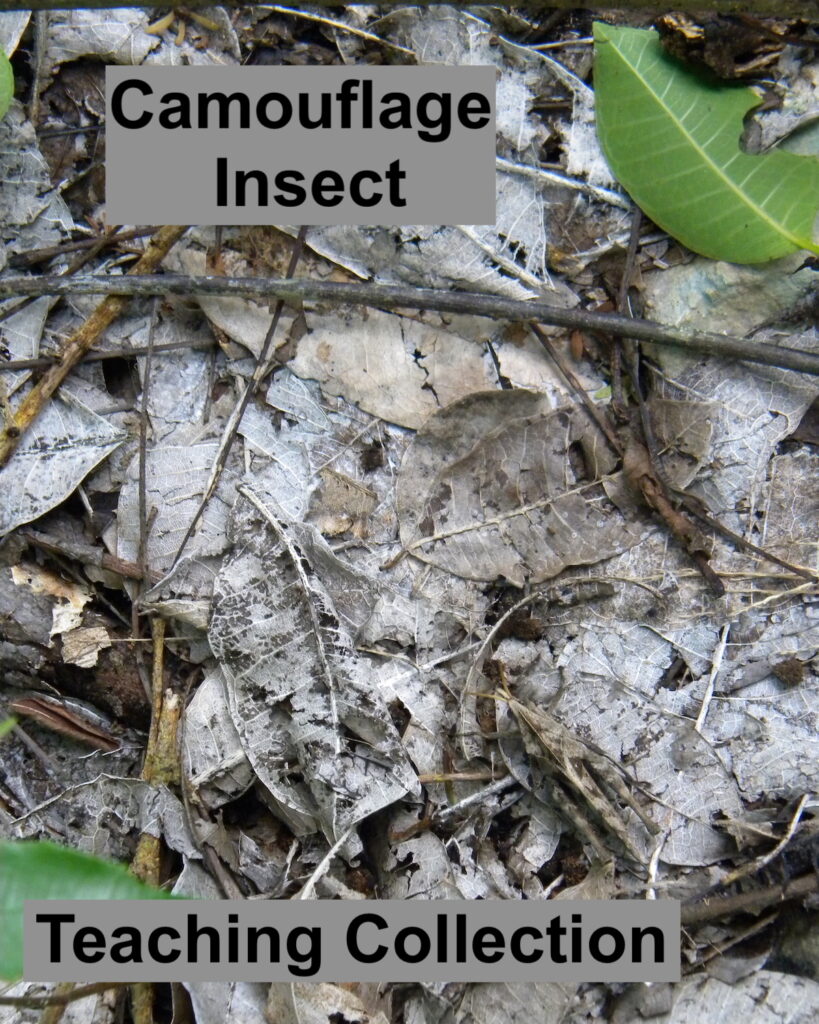Insect Mythology Collection 
Though we often think of insects as pests to ourselves or our agriculture, culturally they are so much more than that. Insects have pervaded human history for as long as can be remembered; appearing in various mythological writings depicted as sacred animals, or harbingers of plague or plight. Even reaching as far back to some of the first cave drawings of beekeeping some 8,000 years ago.
Insects have appeared prominently in various culture’s mythologies such as Egyptian, Australian, and Greek. For example, Egyptians believed that bees grew from the sun god Ra’s tears. The egyptian god, Khepri, was depicted as a scarab beetle who would roll the sun over the horizon bringing a new day. Insects even appear in transformations in mythology, for example, a tale from Australian aborigines depicts a man caring for his sick son, but when the father returns with food his son has turned into a pupa cocooned in a tree.
The multitude of early writings and symbolism insects are involved in truly shows how fascinated with and terrified by them we are. Because of the significance insects play in both our lives and cultural history BioQuipBugs is proud to offer the Insect Mythology Kit! In this kit we include 15 specimens that are commonly described in mythological works, used as symbols, or mentioned in early writings to highlight the history of interactions with our six-legged friends. This kit serves as an excellent teaching resource for those learning about insects in our early history, as museum exhibit works, or for personal collections.
Specimens are offered either pinned or preserved in alcohol in clear, archival-quality glass vials with poly-seal caps to prevent evaporation. All specimens are sent with alcohol-proof, typed specimen data labels, and species identification tags. Pinned kits are sold in a riker-style frame to protect the specimens while being handled, but still allow their easy viewing.
| Quality | A1- |
|---|
$190.00 – $400.00
